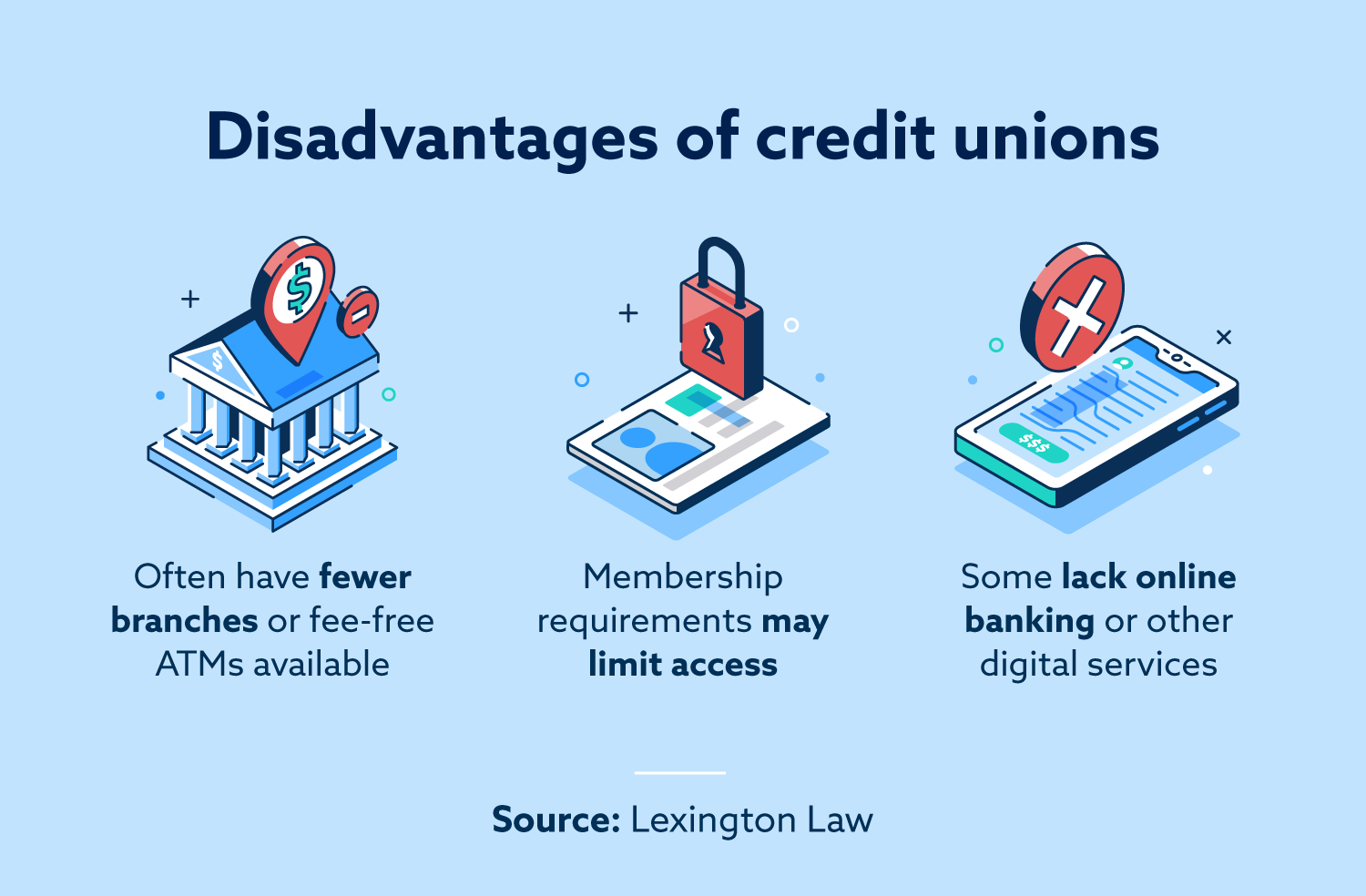The Ultimate Guide to Understanding Debt Unions

Credit scores unions stand as unique monetary entities, rooted in concepts of mutual assistance and member-driven procedures. As we browse with the ins and outs of credit score unions, an insightful trip awaits to drop light on these member-focused establishments and how they vary from conventional financial institutions.
What Are Cooperative Credit Union?
Credit rating unions are member-owned banks that use a series of banking services to their members. Unlike traditional financial institutions, debt unions run as not-for-profit companies, implying their primary focus gets on offering their members instead of taking full advantage of earnings. Members of a cooperative credit union typically share a common bond, such as helping the very same company, belonging to the exact same area, or belonging to the exact same company.
One of the vital benefits of cooperative credit union is that they typically provide greater rates of interest on cost savings accounts and lower rate of interest on car loans compared to banks. Credit Unions in Wyoming. This is because credit unions are structured to profit their members directly, enabling them to hand down their revenues in the form of far better rates and fewer charges. Additionally, cooperative credit union are recognized for their personalized customer support, as they focus on developing partnerships with their members to comprehend their special financial requirements and goals
History and Evolution of Cooperative Credit Union
The roots of member-owned economic cooperatives, recognized today as cooperative credit union, trace back to a time when neighborhoods looked for options to conventional financial institutions. The concept of cooperative credit union come from the 19th century in Europe, with Friedrich Wilhelm Raiffeisen often credited as the leader of the cooperative banking movement. Raiffeisen started the first acknowledged lending institution in Germany in the mid-1800s, emphasizing community assistance and self-help principles.
The development of credit unions continued in North America, where Alphonse Desjardins established the first credit history union in Canada in 1900. Shortly after, in 1909, the first united state credit rating union was developed in New Hampshire by a team of Franco-American immigrants. These very early cooperative credit union run on the essential concepts of mutual aid, democratic control, and member ownership.
Over time, lending institution have actually expanded in appeal worldwide because of their not-for-profit framework, concentrate on offering participants, and using affordable economic items and solutions. Today, cooperative credit union play a vital duty in the economic industry, providing easily accessible and community-oriented banking choices for individuals and companies alike.

Subscription and Qualification Standards
Subscription at a credit scores union is generally limited to people satisfying specific eligibility criteria based on the institution's founding principles and regulatory demands. Some credit score unions might only offer people that function my site or live in a specific location, while others might be customized to workers of a certain business or members of a specific organization.
Furthermore, cooperative credit union are structured as not-for-profit organizations, implying that their key goal is to offer their members instead of produce revenues for shareholders. This concentrate on member service often translates right into more customized focus, reduced costs, and competitive rates of interest on loans and financial savings accounts. By fulfilling the qualification requirements and ending up being a participant of a lending institution, individuals can access a series of financial services and products tailored to their details requirements.
Providers and Products Supplied
One of the key facets that sets credit scores unions apart is the diverse range of economic services and items they offer to their participants. Credit history unions normally offer standard financial solutions such as savings and inspecting accounts, finances, and credit cards.
Additionally, debt unions frequently provide hassle-free online and mobile banking alternatives for participants to easily manage their financial resources. They might offer rewards such as common branching, permitting members to access their accounts at various other cooperative credit union across the nation. Some cooperative credit union also provide insurance policy items like home, life, and car insurance policy to aid members safeguard their properties and liked ones.

Advantages of Financial With Cooperative Credit Union
When considering financial institutions, discovering the benefits of financial with credit rating unions reveals unique benefits for members looking for tailored service and competitive prices. Unlike huge banks, credit unions are member-owned and focus on building solid connections with their members. In general, banking with a credit report union can provide a much more customized, cost-efficient, and member-centric financial experience.
Final Thought
Finally, lending institution stand out as member-owned banks that see page prioritize serving their participants over taking full advantage of earnings. With origins dating back to 19th century Europe, credit scores unions adhere to concepts of shared assistance and participant possession. They offer a series of economic product and services, consisting of traditional financial solutions, investment choices, and competitive rate of interest rates. Membership qualification standards specify and show a community-oriented method, providing tailored client service and a member-centric financial experience.
Credit history unions are member-owned monetary institutions that provide a range of banking services to their participants. The idea of credit score unions stem in the 19th century in Europe, with Friedrich Wilhelm Raiffeisen usually credited as the leader of the cooperative banking motion.The development of credit unions proceeded in North America, where Alphonse Desjardins established the initial credit scores union in Canada go to my site in 1900. Credit history unions normally give conventional banking services such as savings and examining accounts, car loans, and credit rating cards.When thinking about monetary institutions, exploring the benefits of banking with credit rating unions exposes unique benefits for participants looking for personalized service and competitive prices.